The review, which was presented to MPs this morning by environment secretary Caroline Spelman, also includes plans to set up a new Recycling & Waste Services Commitment, which local authorities will be encouraged to sign up to, setting our principles they will follow in delivering waste services.

The Review also says the government understands the public have a reasonable expectation that household waste collections should be weekly especially for smelly waste but does not include any details of funding for a return to weekly residual waste collections or for food collections. However, such, if any, information might emerge in speeches made by Mrs Spelman today.
Outlining the steps that need to be taken towards creating a zero waste economy, it includes a range of other commitments which aim to move waste up the waste hierarchy and away from landfill, with waste prevention made a priority.
These include:
Supporting incentive schemes which reward and recognise people who do the right thing to reduce, reuse and recycle their waste;
Supporting councils and waste companies to improve the quality of waste collection from small businesses;
De-criminalising trivial household bin offences, while making sure there are stronger powers in place for flytipping and serious waste crime;
Reducing the burden of regulation and enforcement on legitimate business, but targeting those who persistently break the law.
While not setting specific targets for business or household waste and recycling it said England should aim to at the very least meet the 50% goal set for household waste under the revised Waste Framework Directive that must be reached by 2020.
The review also outlines plans to take a voluntary approach to cutting waste and increasing recycling, including developing voluntary responsibility deals in a range of sectors, including hospitality, retail, direct mail and the waste industry.
And, it says government will work with and support businesses, councils and third sector organisations to help reduce avoidable food waste.
Landfill bans
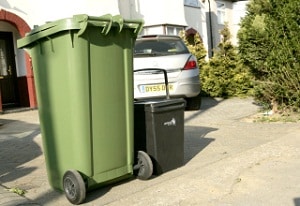
But, despite the government previously saying it was not minded to introduce material-specific landfill bans, the review includes plans to consult on banning wood waste from landfill and also plans to assess whether further bans may be appropriate in the future.
The Review is set to be accompanied later today by an Anaerobic Digestion strategy, which Mrs Spelman described as the first and key step to enabling a thriving AD industry to grow in England over the next few years.
But she stressed that there were many different technologies available to process waste, each of which might have a role to play depending on the type of waste and local issues.
In the written statement, Mrs Spelman said: The Review has looked at all aspects of waste policy and delivery in England to ensure that we are taking the necessary steps towards creating a zero waste economy, where resources are fully valued, and nothing of value gets thrown away.
She added: The Waste Review includes a range of commitments designed to move waste more quickly up the waste hierarchy, away from disposal in landfill, with waste prevention a priority, followed by re-use, recycling and recovery.
‘Throwaway society’
The Review argues that the UK needs to move beyond our current throwaway society to a zero waste economy in which material resources are re-used, recycled or recovered wherever possible, and only disposed of as the option of very last resort. And, the government says that this requires a new public awareness in our attitude to waste
This new attitude will mean reducing the waste produced and ensuring that all material resources are fully valued nancially and environmentally both during their productive life, and at end-of-life as waste.
Ministers says they see the benefits not only in a healthier natural environment and reduced impacts on climate change, but also in the competitiveness of our businesses through better resource efciency and innovation a truly green economy.
And, they emphasise the need to prevent waste wherever it occurs. Preventing waste has the best environmental outcome.
On collections, the Review says that It is crucial that we strike the right balance between customer service, the environment and cost, taking into account issues such as convenience and frequency of collection and the quality of recyclable material collected.
Economics feature in terms of waste generation and ministers say that a key aim of this review is the decoupling of waste from economic growth. We will therefore measure the total amount of raw materials used and waste produced, as well as measuring the amount of raw materials used and commercial, industrial and household waste produced per unit of Gross Value Added (GVA)3, to show how quickly we are moving along a pathway to a zero waste economy.
“Although information on waste arisings is available for England, information on use of materials is currently only available at a UK level.
Waste Prevention
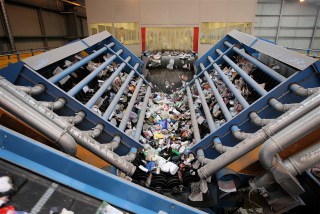
A comprehensive Waste Prevention Programme is to be developed by the end of 2013, but in the meantime will work with businesses and other organisations across supply chains on a range of measures designed to drive waste reduction as part of a broader resource efciency programme.
Alongside the Programme there will be a Waste Prevention Fund a small rotating fund to support organisations (including businesses, social enterprises and local authorities) undertake waste prevention activities. This will be managed by WRAP.
In terms of producer responsibility deals, a number of new ones could emerge, including for the hospitality sector. And, a producer responsibility deal for the waste management sector.
The Review says: We are working with the industry on a responsibility deal through which the industry will take an active role in promoting the waste hierarchy with producers and will develop standards to ensure that outputs from Material Recovery Facilities are of consistent quality.
No decision is made on carrier bags but in the light of figures for distribution in 2011/12 Defra is to look again at the subject.
Communities
One of the major themes of the section entitled Local Communities is the work around the sanctions and fines that councils can level against householders. It also confirms the abolition of the Landfill Allowances Trading Scheme.
Targets for local authorities have been removed, with the abolition of the National Indicators 191, 192 and 193 in March 2011, and instead councils are implored to focus on local issues and concerns.
It also includes a reference to a revision of the government waste database WasteDataFlow , with changes to questions used for reporting waste tonnages set to come into effect over the course of the 2011/12 financial year.
Carbon
And, while the government has not scrapped the use of weight-based targets in order to ensure EU targets are met, the government states that it will seek to promote the use of a carbon metric for recycling.
As anticipated, the government has used the Review to limit the impact of so-called bin taxes on residents, with enforcement powers being more focused on balancing civil liberties with tackling repeat offenders and those who negatively impact other residents.
Under the banner of making enforcement action proportionate, necessary and fair, the government aims to ensure that householders that leave a bin lid open are not fined on par with those convicted of shoplifting.
And, while it acknowledges that the 1,000 fine enshrined in the Environmental Protection Act 1990 is rarely used, it states that it is not fair for this threat to hang over the head of residents. And, it is reducing the current maximum fine allowed under the Fixed Penalty Notice regime.
Related Links
Furthermore, it is set to undertake steps to replace criminal sanctions with civil sanctions around incorrectly presenting waste receptacles. This would also be used to help target householders who repeatedly offend under a harm to local amenity rule.
The government is also reforming the Regulation of Investigatory Powers Act to limit local authority surveillance around waste.
MRF code
In the Review, the government also confirms development of a MRF code of practice, which is says is “key to maintaining the credibility of co-mingled collections under the revised Waste Framework Directive as well as future markets for recyclable materials, in the UK and abroad.”
“The Code will include requirements for the measurement of the quality of the input and output material, which will give the MRFs clients (LAs, businesses, reprocessors) confidence in the quality of recyclates and contamination levels,” it adds.
Defra notes that, in order to maximise uptake of the code, there is the potential for it to be made mandatory.






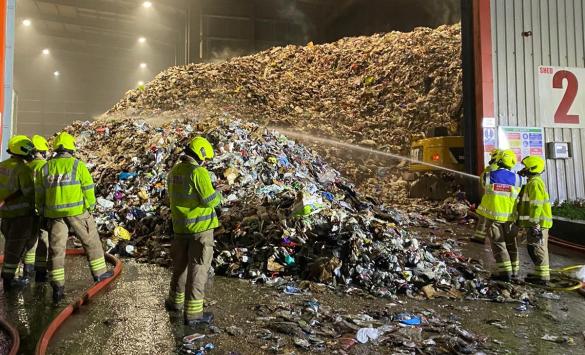
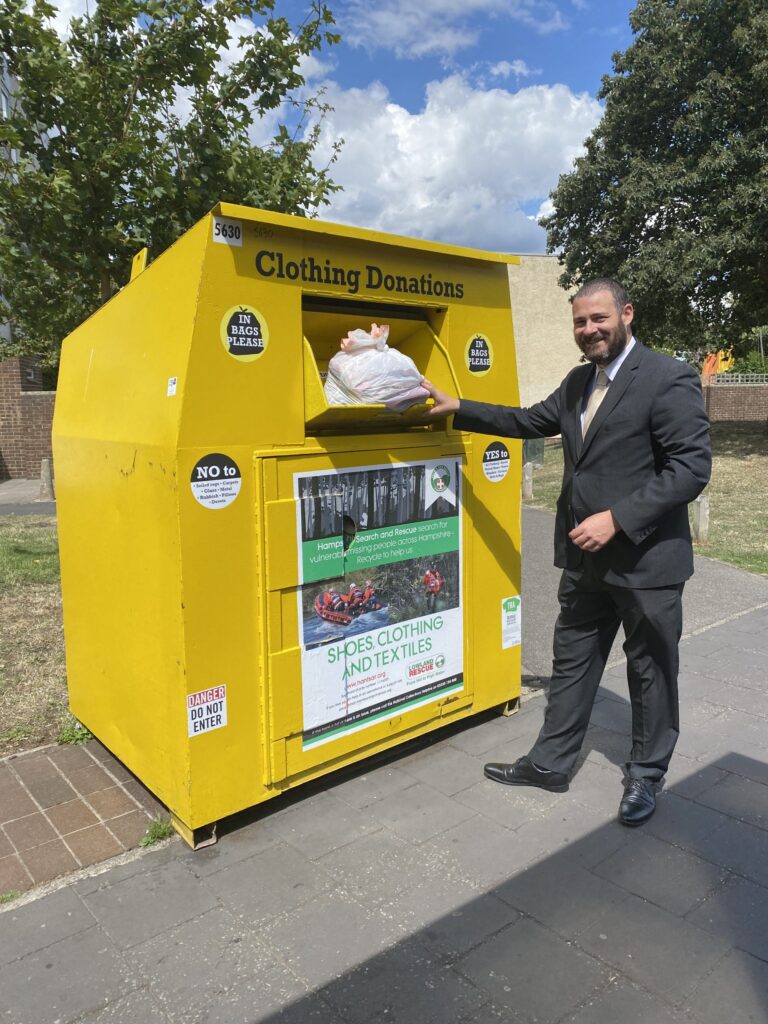
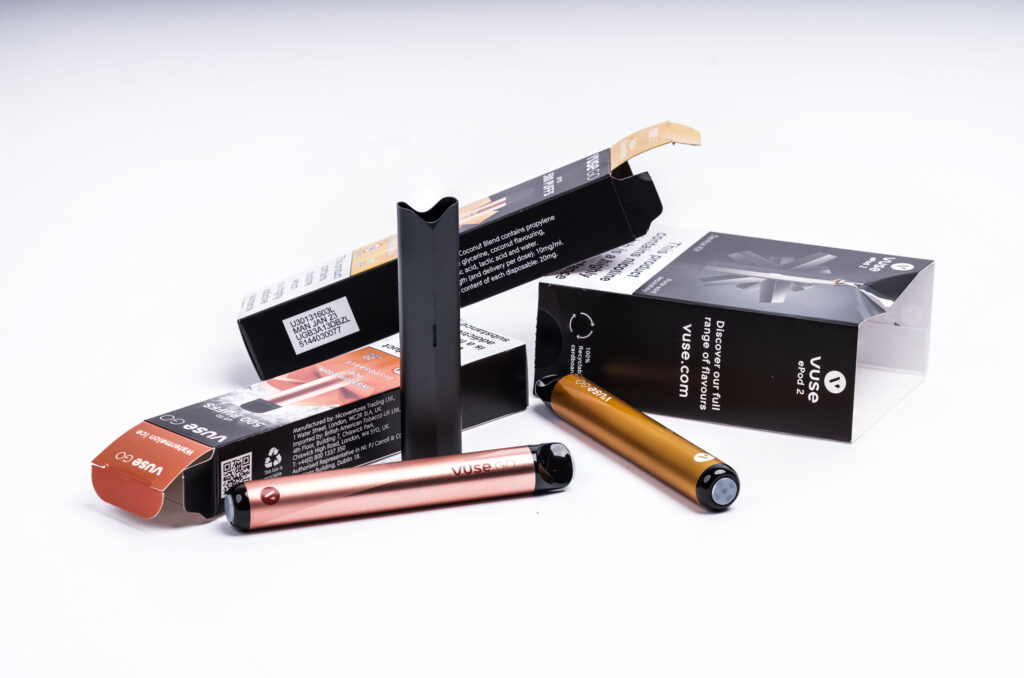


Subscribe for free